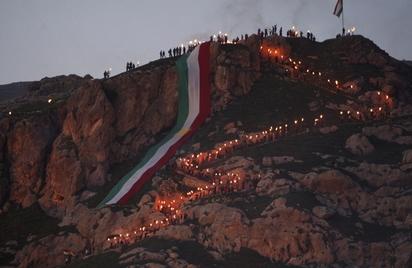The coming week will be an important one for Iran's relations with the United States. With just six weeks to go before the deadline in the nuclear negotiations, Iranian Foreign Minister Javad Zarif will travel to Geneva to meet with U.S. Secretary of State John Kerry on Jan. 14. The two will discuss ways to speed up the negotiating process, and then U.S. and Iranian negotiating teams will spend Jan. 15-17 working out technical details of the agreement. Finally, on Jan. 18, Iran will meet with the permanent members of the U.N. Security Council and Germany to round out this stage of the negotiation.

While a final agreement may not be around the corner, it is obvious that both sides are taking these talks very seriously. Skeptics of the negotiations have long warned that Iran is simply using the talks to drag out the negotiation process to build political cover and buy more time for its nuclear program, but the behavior of the Hassan Rouhani government suggests it is committed to reaching a deal. However, Tehran will need to overcome several obstacles standing in the way of reaching a long-term agreement.



